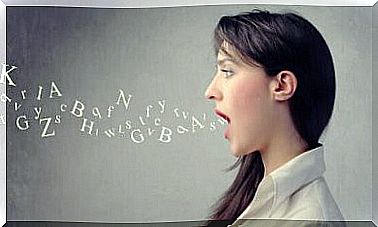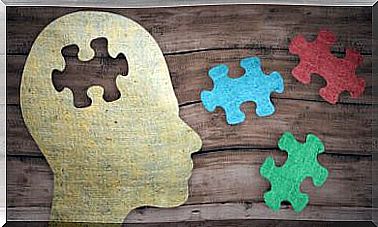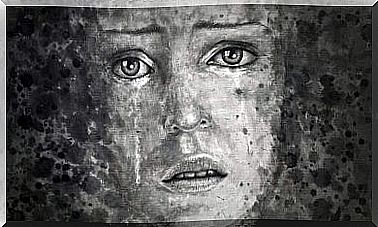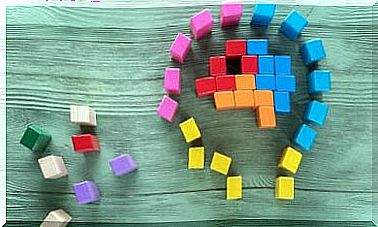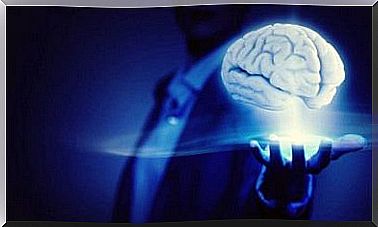Origins Of The Disagreement Between Freud And Jung
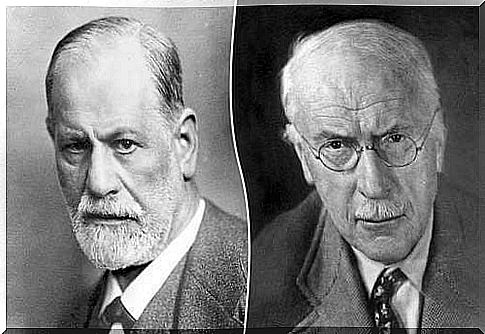
Jung greatly admired Freud’s work. However, at some point, their theoretical positions took different paths, until Carl Jung was expelled from the Psychoanalytic Society of Vienna. Thus was born the disagreement between Freud and Jung, which was of great importance for subsequent theoretical developments . Especially for psychoanalytic researchers and intellectual historians.
If the figure of Sigmund Freud is important for understanding the origin of psychoanalysis, the figure of Carl Gustav Jung is no exception. In fact, like his “teacher”, the Swiss psychiatrist, born in 1875, was one of the main founders of psychoanalysis and contributed to the birth and development of the modern psychoanalytic orientation.
The disagreement between Freud and Jung is a historical event that has shaped psychoanalysis as we know it today. In this context, the rhetorical strategies implemented by Freud and the psychoanalytic movement to establish, perpetuate and control psychoanalytic practice were a central issue, as was the expulsion of dissidents.
How does the conflict between Freud and Jung begin?
The more solid hypothesis on Freud’s tolerance for Jung’s clear and early dissent highlights the strategic role of the Swiss psychiatrist in the consolidation and diffusion of the psychoanalytic movement that was taking its first steps in those years.
Indeed, as a sort of premonition, it seems that the strategic importance of Jung and the Swiss for the survival of psychoanalysis had already been recognized by Freud years earlier. In May 1908, Sigmund Freud confessed to Karl Abraham that it was ” only thanks to Jung’s appearance on the scene that psychoanalysis was able to escape the danger of becoming a Jewish national affair”.
The most complex period of Freud’s private relationship with Jung is said to have been around 1912, when Freud first tried to refute Jung’s theories, just as he did with Alfred Adler’s. This marked the beginning of the disagreement between Freud and Jung. Disagreeing with his theories, Freud defined Jung’s contribution as unnecessary. This difference of opinion between Freud and Jung changed the history of psychoanalysis forever.
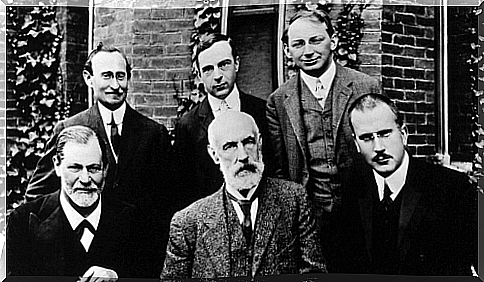
Freud’s reaction to Jung’s theories
In the first letter in which Jung exposes his views on the symbolic nature of the incest taboo, Freud replies that he considers this innovation to be regressive and excessively Adlerian. In turn, Jung indignantly declares that he has sadly verified “ what intense emotional motions contrary to my proposals arise in you” (McGuire & Sauerländer, 2012).
In this same reply, dated June 8, 1912, Jung mentions his future conferences in the United States. Freud points out to Jung that his interpretations of the incest taboo and libido theories are wrong.
On July 18, Jung replies with annoyance, telling Freud that the success or failure of his negative judgment on libido and incest innovation will result in the “success or failure of my own works”.
Freud interprets this last letter as a formal renunciation of their hitherto friendly relations, adding “ I’m sorry, not so much for personal reasons, but for the future of Verein and the cause of psychoanalysis”.
Four years later, in 1916, Jung publishes his collection of studies on symbolism and libido. This work, unsurprisingly, was not well received by Freud and his companions.
Conferences in the United States
Another of the events that further sharpened the divergence of opinion between Jung and Freud was the lectures in the United States which took place in September 1912. Jung gave a series of lectures at Fordham University which will be the subject of bitter criticism from Freud.
-Freud, 11 November 1912-
Jung is still convinced that Freud will gradually accept the innovation of his theories, because they are the fruit of an intellectual effort that deserves an objective judgment.
For Jung, Freud’s psychology is not a dogma. As he recalled in his 1912 lectures in North America, the theories of the Swiss psychologist did not want to generate a division in the psychoanalytic movement, since “such earthquakes can only exist in matters of faith. While psychoanalysis is destined for knowledge and its theories are constantly evolving ”.
Thus, both Freud and his followers begin to discredit the figure of Jung. They consider him an “incomprehensible mystic, an occultist and a theo-psychologist”.
Faced with the denigration of his work, Jung declares:
-Jung, December 1912-
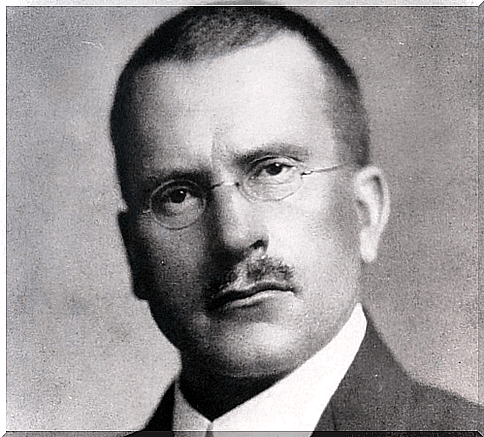
Freud’s Political Proposal to Jung
Freud offers Jung a place as a contributor to the new journal he intends to create. On December 3, 1912, Jung responded to this offer by emphasizing Freud’s fixation on neurosis. Faced with a similar gesture, Freud tells him to “take care of his neurosis more jealously than that of his neighbor”.
Jung’s discontent caused by Freud’s attitude towards his groundbreaking theories and those of other psychoanalysts is condensed in a sentence he addresses to him in a letter on December 18, 1912:
-Jung, December 18, 1912-
The end of the relationship
From this moment on, the correspondence between the two becomes more and more sparse. The disagreement between the two psychologists becomes more evident than ever, for example on the occasion of the IV International Congress of Psychoanalysis in Munich in 1913 to which they both converge.
Psychoanalytic historiography, which has its foundation in Freud’s studies, has always regarded Jung’s behavior at this conference as inappropriate and irregular. However, other sources describe the congress with a different interpretation.
Between October 1913 and April 1914, further and virulent psychoanalytic criticisms of Jung’s work came to light, leading to his resignation as president of the IPA (International Association of Psychology).
The relationship between Freud and Jung, as well as between the two and the psychoanalytic movement, had become very problematic. A personal and professional relationship born as a formal relationship then evolved into a paternalistic attitude on the part of Freud. Towards the end, Jung’s departure becomes more and more evident.
Freud’s disappointment at Jung’s distancing is tinged with intense tones, which we can clearly perceive between the lines of their close correspondence; it is these letters that testify to the disagreement between Freud and Jung. Despite this, the relationship between the two well-known psychiatrists has made an enormous contribution to the history of Western thought.
